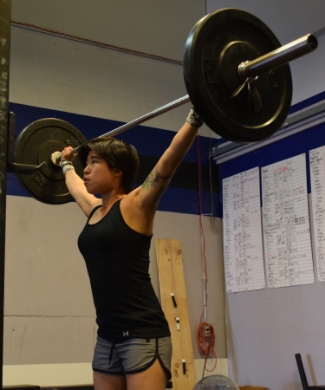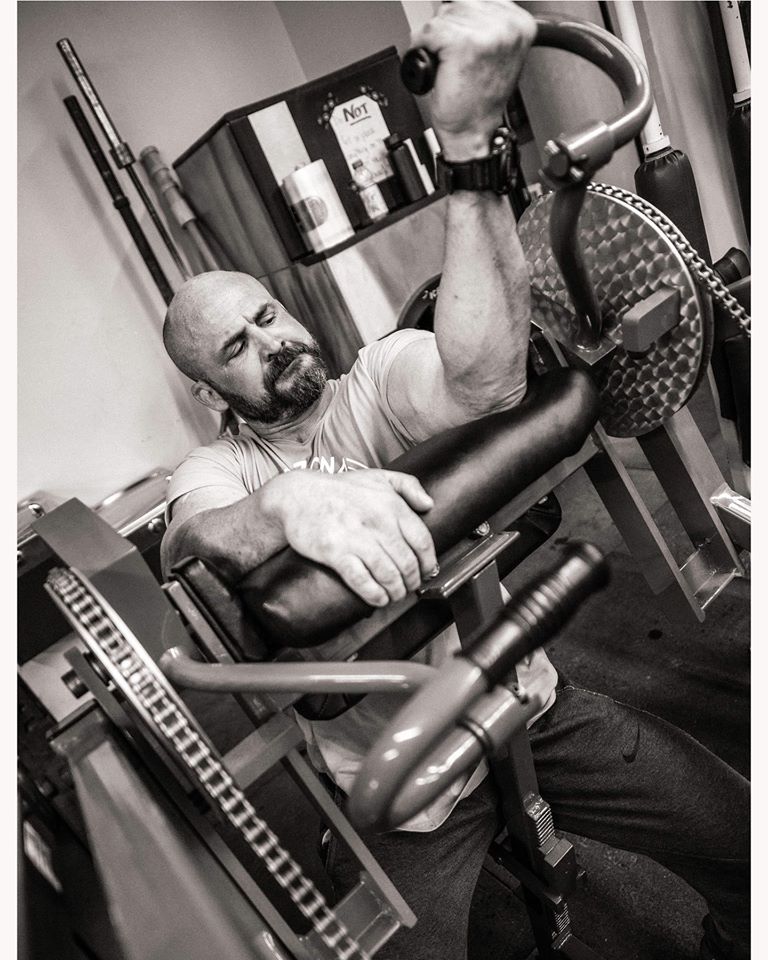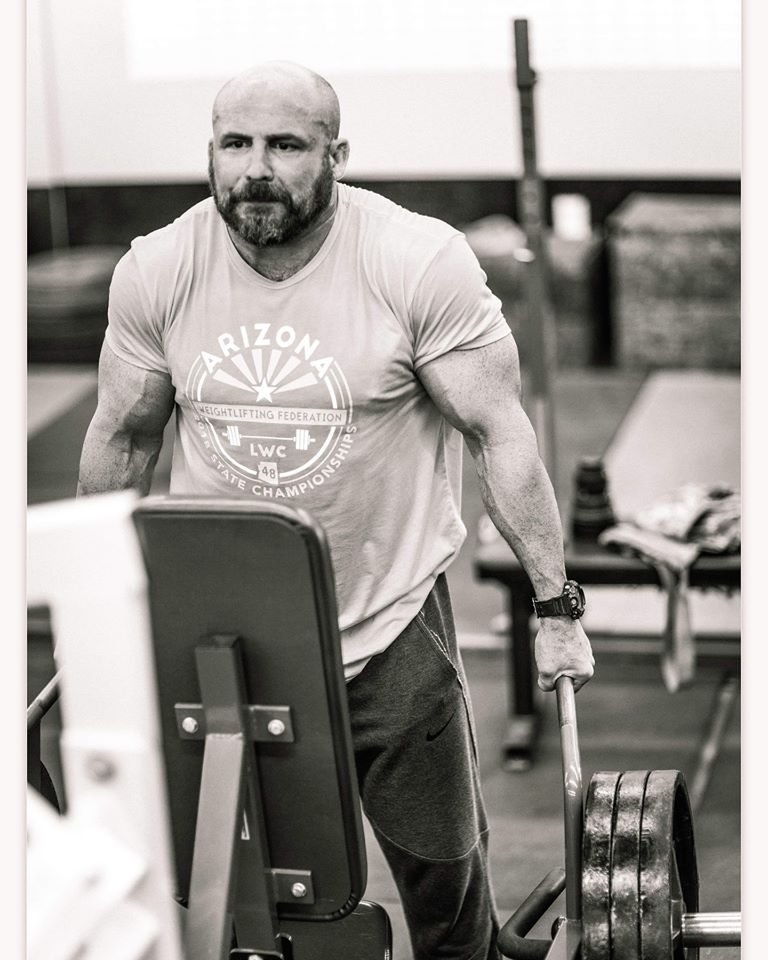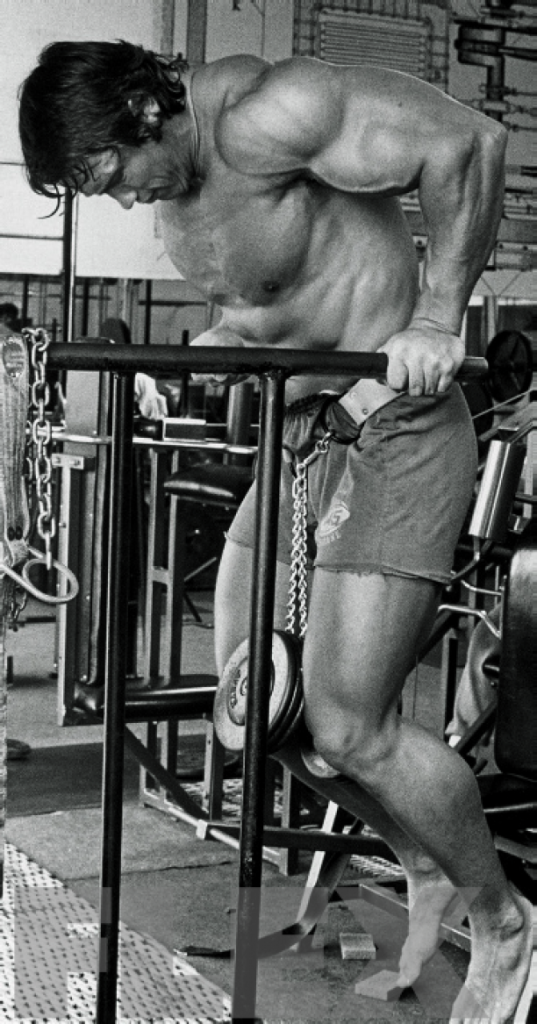When I read Matt Foreman’s article, “We All Go to the Same Therapist,” I knew I wanted to write a response. I shouldn’t reduce Matt’s argument to one sentence. In fact, you should all click the link right now and read the full article because it’s witty and entertaining, and so very true. But, if I extract the core idea, as Matt says: “weightlifting is good therapy.”
Matt gives two examples of how weightlifting can foster self-improvement. “Michelle the Frightened Gerbil” cultivates self-confidence by mastering these very technical, very complex movements. Meanwhile, “Jeff the Arrogant Jerkoff” is humbled by that same challenge—perhaps even by seeing Michelle out-lift him despite being a fraction of his size.
I actually think I share some traits with both Michelle and Jeff. On the one hand, Olifting has certainly shown me how much I can grow when I apply myself and focus. I have never felt as strong or as capable as when I stand with a new clean PR across my shoulders. At the same time, the iron is also there to quell my ego—to show me how much further I have to go. But neither of these reasons captures the biggest benefit I’ve found in weightlifting.
“Jo the Neurotic Puppy” worries about everything. I worry about the choices I make in graduate school, in my career. I worry about my students and the athletes that I coach. I worry about my parents, about the new friend I just made, about whether I left the oven on. About whether my favorite Game of Thrones characters will die (yes, probably).
I often joke that I became a writer because I spend so much time ruminating over all the things I can’t change that it just spills out into words. It’s great in that I never run out of writing material. But, on the flip side, I walk through life feeling like an exposed nerve. Everything is too much and I am never enough. I have often felt paralyzed by feeling. Weightlifting teaches me to shut that off.
Before I touch the platform, I can worry about the timing of my hips. I can worry about jumping my feet out, about bracing my core when I receive the weight. But when I actually touch the bar, I need to shed all of that. I need to trust my body—myself. If I’m patient, my arms will punch through after I finish the pull. I will make it under the bar in time. I will be stable. I will be able to stand. If, and only if I can clear the noise in my head, I will make the lift. When I worry about my feet and my arms and my hips all at the same time, I inevitably screw up one or many parts of the movement because my brain simply can’t tell my body to do all the things it needs to do at the right time, in the right order, in the fraction of a second of a snatch.
Unlike Matt, I’m still pretty new to weightlifting. But like Matt, I also see it as very effective therapy. Well, more than that, it’s a great life coach. Weightlifting is teaching me a survival skill I desperately need: it’s teaching me to shut off the noise. When life intervenes and I feel as if I’m losing control of all the things that go wrong, I’ve learned how to collect myself. I can teach at the writing center and coach at the gym, and be there for the people I need to support because I can set aside my other concerns for those hours. Matt says, “being a weightlifter forces you to believe in yourself.” But it’s more than that. For me, weightlifting turns that belief into action. It teaches me to do instead of worry.
Matt’s article also promises me that weightlifting will shower me in sex appeal and “meaningless physical relationships”—which, thus far, has proven a bald-faced lie. Summer’s hottest trend was, disappointingly, not singlets and hand calluses. However, weightlifting has given me a wealth of meaningful (non-physical) connections with generous and passionate individuals. I have learned so much from this community, and look forward to all I will discover.



